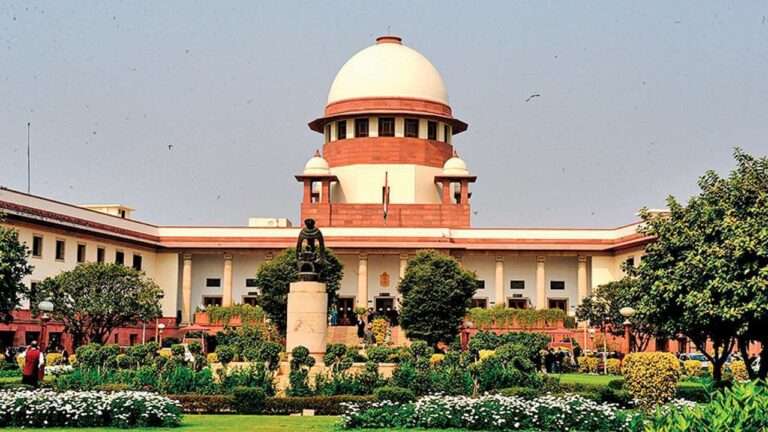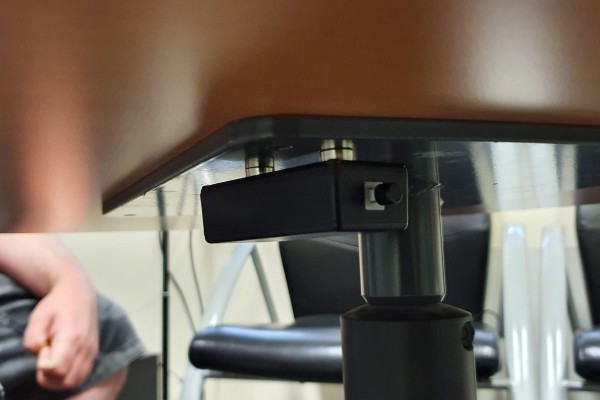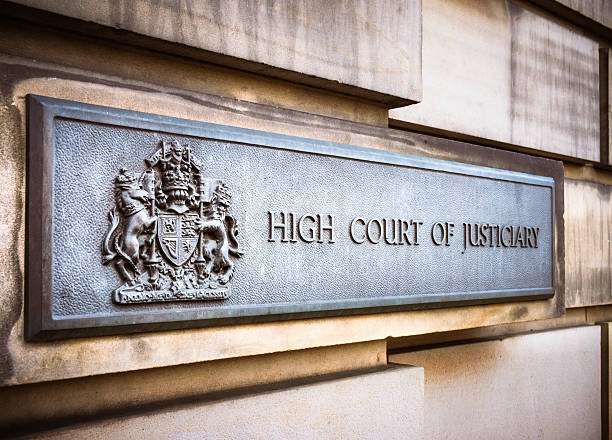Australia is best known as one of the most strictly regulated countries, to use voice recording in court in Australia is not an easy task because Australia has strong laws & regulations to protect the individual privacy right.
Australia has different consent laws in each state, so in this article we will provide you useful information about laws & regulations in each state and how to legally record the voice to be used as evidence in court without punishment by the laws.
Contents
Voice Recording Laws & consent by State to use in court in Australia
can voice recording be used as evidence in court in Australia ?
one-party consent voice recording law in australia
one-party consent states in australia
all party consent voice recording law in australia
all party consent states in australia
how to record conversation legally and able to use in court in australia
Voice Recording Laws & consent by State to use in court in Australia

In Australia, each state and territory has its own voice recording laws enacted to protect people’s private conversations and activities, so to use the voice recording in court you have to access the permission from your local state.
Australia’s legislation prohibits the recording of private conversations without the consent of at least one participant.
In conclusion, to perform the recording in Australia you need the consent of at least one person in the conversation to make a recording.
As we mentioned above, each state has its own recording laws so you may need to gather the consent of all parties to make a recording according to your state laws.
In this article, we will provide useful information about the consent law in each state in Australia.
can voice recording be used as evidence in court in Australia ?
In Australia, each state and territory has its own recording laws enacted to protect people’s private conversations and activities, so to use the voice recording in court you have to access the permission from your local state.
Australia’s legislation prohibits the recording of private conversations without the consent of at least one participant.
in cases where issues such as discrimination, harassment and bullying is involved, secret recordings may be permissible.
In conclusion, to perform the recording in Australia you need the consent of at least one person in the conversation to make a recording.
Secret recording can be recorded if discrimination, harassment and bullying is involved.
But to use it in court you have to consult with your local attorney before handing the evidence to the court. Once the court proves the authenticity of the evidence, you may be used voice recording as the evidence.
Please be advised, do not hand any editing evidence to the court.
one-party consent voice recording law in australia
When the law applies the one-party consent rule, it means that the consent of only one of the participants in the conversation is enough to make recorded conversations legal.
For example, if you are talking to someone and one of you decides to record or give his consent, even if the other party is unaware that the voice is being recorded, it is legal under the one-party consent rule.
However, if a third person is recording the conversation without participating in it, it will be considered illegal.
One-party consent states in australia
If you have an intention to use voice recording in court in your local state in Australia, you have to follow the consent regulations of the following states.
Victoria Voice Recording Laws
If you are taking part in a private conversation, you are allowed by the law to record the conversation.
However, if you are not an active party to the conversation, you can record the private conversation provided you obtain consent from at least one party to the conversation.
Law : Section 6 Surveillance Devices Act 1999
Lawful to secretly record a private conversation to which you are participating ? : YES
Queensland Voice Recording Laws
In Queensland, you are not allowed to record a private conversation if you are not participating in the conversation.
But the law allows you to secretly record the conversation without seeking consent if you are in the conversation.
Law : Invasion of Privacy Act 1971 (QLD)
Lawful to secretly record a private conversation to which you are participating ? : YES
Arkansas Voice Recording Laws
In Arkansas, the law is prohibited to record a private conversation in which you are not a participant.
The law allows any person who is involved in a private conversation to record the conversation without seeking consent from other parties to the conversation.
Law : Invasion of Privacy Act 1971
Lawful to secretly record a private conversation to which you are participating ? : YES
all party consent voice recording law in australia
All-party consent is legal only when all parties are aware that the call is being recorded, and have agreed with it.
In this case, if someone secretly recorded a conversation without informing you about his intentions and obtaining your consent, this won’t be legal in two-party consent states.
all party consent states in australia
If you have an intention to use voice recording in court in your local state in Australia, you have to follow the consent regulations of the following states.
New South Wales Voice Recording Laws
The law in NSW is prohibited to install, use or maintain listening devices that record private conversations regardless of whether or not you’re a party to the conversation.
Refers to Section 4(3) of the Act clarifies that any device that can transmit or record visual images (video cameras) and also record audio may be considered as listening devices.
In conclusion, New South Wales can be considered an all party consent state.
Law : Section 7(1) of the Surveillance Devices Act 2007 (NSW)
Lawful to secretly record a private conversation to which you are participating ? : NO
Western Australia Voice Recording Laws
The law in Western Australia is prohibited to use, install or maintain a listening device to record or listen to a private conversation to which that person is not a party.
This means in Western Australia, you are not allowed to record a private conversation regardless of whether or not you are a participant in that conversation unless you have the consent of everyone involved in the recording.
Law : Section 5 of Western Australia’s Surveillance Devices Act 199
Lawful to secretly record a private conversation to which you are participating ? : NO
Northern Territory Voice Recording Laws
Northern Territory is not allowed to record a private conversation when you are not a party to the conversation and without the express or implied consent of all parties to the conversation.
Law : Surveillance Devices Act 2007 (NT)
Lawful to secretly record a private conversation to which you are participating ? : YES
Australian Capital Territory Voice Recording Laws
Australian Capital Territory is not allowed to record a private conversation even you are or not in the associated party unless you get all consent from everyone involved
Law : Listening Devices Act 1992
Lawful to secretly record a private conversation to which you are participating ? : NO
South Australia Recording Laws
South Australia & Australian Capital Territory’s regulations are working similarly by not being allowed to record a private conversation even if you are or not in the associated party unless you get all consent from everyone involved.
Law : Surveillance Devices Act 2016
Lawful to secretly record a private conversation to which you are participating ? : NO
Tasmania Recording Laws
In Tasmania, it is illegal to use a listening device (e.g. voice recorder) to record or listen to a private conversation regardless of whether or not you’re taking part in the conversation unless you get all consent from everyone involved.
Law : Listening Devices Act 1991
Lawful to secretly record a private conversation to which you are participating ? : NO
how to record conversation legally and able to use in court in australia
You can use voice recording in the court unless you follow the laws & regulations in your state.
One-Party Consent
it is legal to record the conversation without asking for the permission but to use the voice recording as the supporting evidence, you have to have the authenticity.
It depends on how the recording is obtained. If you obtain the recording from someone who is talking to you or you are involving in the conversation, your recording will be admissible by the court.
Example of usable cases for One-Party Consent :
1. When you get harrassed by your boss and coworker in workplace
Two-Party Consent
It is totally impossible because law requires you to have the permission of everyone involved to make a recording in a private area, every party must consent to the recording, even if there are more than two.
Notice : There are several exceptions if these events occur :
1. Conversations or communications reporting an emergency, like a disaster, fire, disaster, or medical crisis.
2. Communications or conversations that include unlawful requests or demands, such as threats of bodily harm, extortion, or blackmail.
3. Anonymous or highly inconvenient harassing conversations or communications.
4. Communications by a barricaded person or who is holding someone hostage.
Normally, secretly recording is prohibited in Australia unless where unlawful issues such as discrimination, harassment and bullying is involved, secret recordings may be permissible although the gravity and cause would have to be significant to override the general requirement of dealing honestly and openly with the employer and work colleagues.
Please be advised : You have to consult with your local attorney before handing the recording evidence to the court. Make sure recording evidence must not be edited, if the court detects the edit recording evidence, the recording will be automatically rejected and you will face the punishment by law as well.
Conclusion
You can use voice recording to prove your evidence in the court in Australia without any problems if the evidence is authentic, obtain legally based on your consent & how your evidence related to the case.
There are some exceptions you can record without obtain consents if these activities occurs :
You can record their voice and hand it to your local attorney but you cannot record the video with audio due to the breaches of privacy.
But make sure you are participating in the conversation when you are recording.
Notes : In Australia, some of one consent state may not allow you to secretly record the conversation.
Each state has it own laws & regulations you must check carefully with your local attorney.
Explore our solutions
You can explore our secretly voice recording to capture the real-time evidence without manually press the record button because we have come up with “Voice Activated” features, when the sound is captured the recording will start automatically.
More Outstanding Features :
1. Voice Activated
2. Long life battery
3. Prioritize human voice
4. Able to capture the evidence upto 30 – 50 feets depending on choosing model
5. Date & Time Stamp – Good feature to prove & weigh your evidence in the court
If you have any questions about our product, you can discover our Covert Audio FAQ or get in touch.





